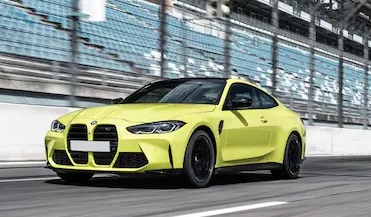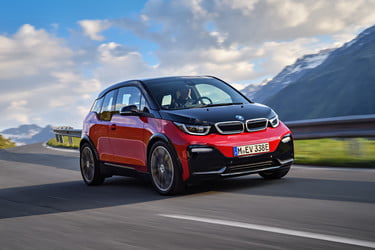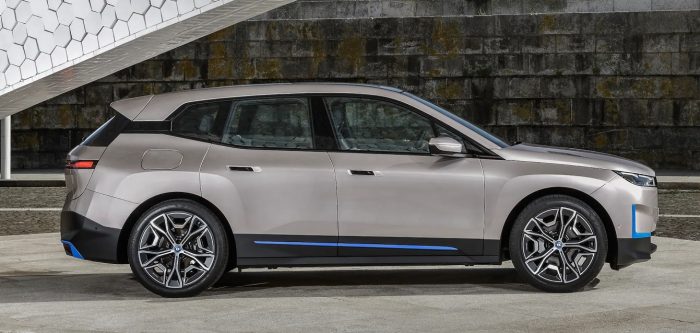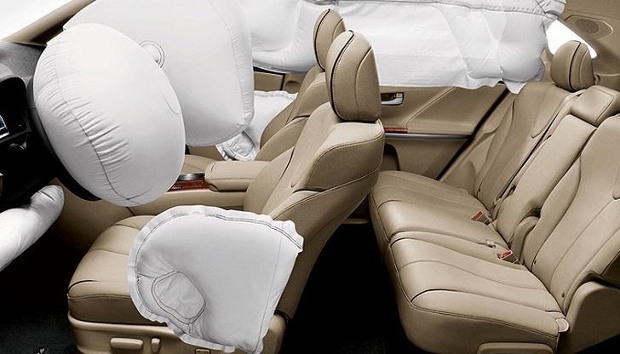Now Reading: BMW to balance out high research and development costs through 2019
-
01
BMW to balance out high research and development costs through 2019
BMW to balance out high research and development costs through 2019
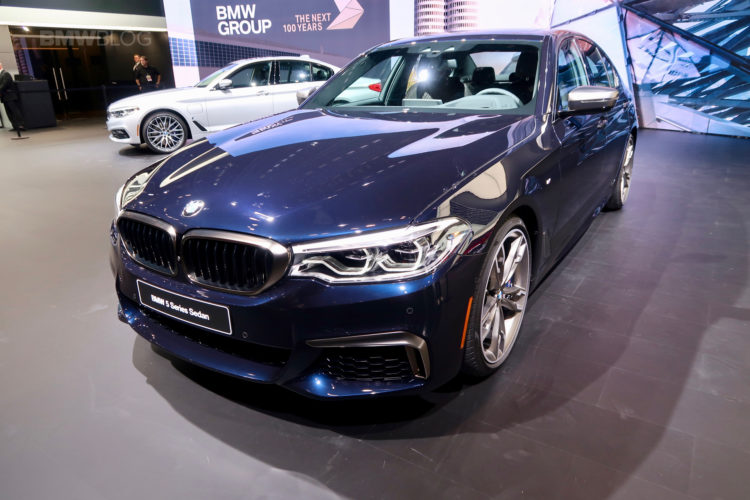
BMW will simplify its manufacturing procedure, providing less variations of engines and equipment, to balance out high research and development (R&D) costs through 2019, the German automaker’s financing chief Nicolas Peter stated on Wednesday.
Automaker is developing electric, autonomous and connected cars along with the vehicles with combustion engines to meet more rigid emissions tests.
At the same time, China’s aggressive push to present electric vehicle quotas has forced European automakers to speed up the development and roll-out of electric and hybrid automobiles, pushing up their expenses.
Last year, BMW invested 5.16 billion euros ($5.89 billion) or 5.5 percent of revenue on R&D.
“The next 3 years will be between 5.5 percent and 6 percent,” Peter informed reporters.
Due to the fact that electric and hybrid cars and trucks are less profitable than vehicles with fuel and diesel motor, BMW is searching for savings by decreasing the complexity of its engine and equipment portfolio.
“We have more than 100 steering wheels available. Do we need that many versions?” Peter stated.
BMW will drop manual gearshift variations of the BMW 2 series Coupe in the United States to reduce the expense of certifying components in each market, and it has dropped manual shift alternatives from entry-level versions of the brand-new 5 series diesel, he stated. It will likewise lower the number of engine versions.
“In the 5 series we have four diesel engines available. I would not bet on there being 4 diesel motor available in the next generation vehicle,” Peter stated.
BMW stuck to its guidance for a minor increase in both vehicle sales and pre-tax profit tax this year along with a margin on revenues prior to interest and tax (EBIT) of between 8 and 10 percent.
Sales have seen an increase from the launch of a new BMW 5 series limousine, which has surpassed expectations, Peter stated, without providing further details.
Stay Informed With the Latest & Most Important News
Previous Post
Next Post
-
 01Polestar Boss Says It’s Time To Outrun BMW M And Mercedes-AMG
01Polestar Boss Says It’s Time To Outrun BMW M And Mercedes-AMG -
 02Spy Shots: 2027 Mitsubishi Pajero Spotted in Testing Ahead of Possible U.S. Return
02Spy Shots: 2027 Mitsubishi Pajero Spotted in Testing Ahead of Possible U.S. Return -
 032026 Toyota Hilux EV: A Powerful Truck with Silent Torque
032026 Toyota Hilux EV: A Powerful Truck with Silent Torque -
![2027 Mercedes-Benz S-Class Debuts with V8 Engine [Photo Gallery]](https://speedlux.com/wp-content/uploads/2026/01/2027-Mercedes-Benz-S-Class-33-155x125.jpg) 042027 Mercedes-Benz S-Class Debuts with V8 Engine [Photo Gallery]
042027 Mercedes-Benz S-Class Debuts with V8 Engine [Photo Gallery] -
 05Spy Photos: VW ID. Polo GTI Goes Electric with 223 HP and 280 Miles of Range
05Spy Photos: VW ID. Polo GTI Goes Electric with 223 HP and 280 Miles of Range -
 06Hyundai Palisade’s Breakout Year Shows How Quickly the Market Can Turn
06Hyundai Palisade’s Breakout Year Shows How Quickly the Market Can Turn -
 07The Controversial Ford Voodoo V8 That Was Killed Off Too Early
07The Controversial Ford Voodoo V8 That Was Killed Off Too Early



![2027 Mercedes-Benz S-Class Debuts with V8 Engine [Photo Gallery]](https://speedlux.com/wp-content/uploads/2026/01/2027-Mercedes-Benz-S-Class-33-700x394.jpg)




































